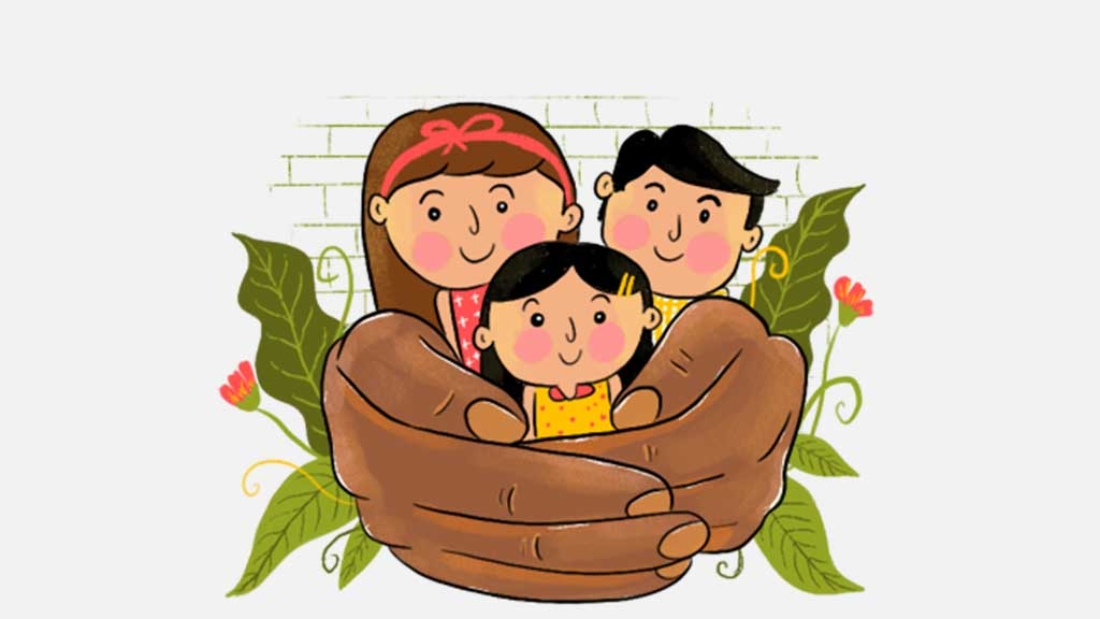A study conducted in 2007 by Ministry of Women and Child Development, titled “Study on Child Abuse: INDIA 2007” to assess the extent and magnitude of forms of child abuse in India, reported that 53.22% children have faced one or more forms of sexual abuse. Children are subject to various forms of abusive and exploitive acts and can be abused physically, sexually and/or emotionally.
In this Program over the period of 3 days, we will cover –
- Child Sexual Abuse: Equipping Ourselves to Protect Children
- Understanding the POCSO Act and Other Relevant Legislations on Sexual Violence Against Children
- Role of Schools and Organizations in Prevention and Redressal of Child Sexual Abuse in its Premises
Target Audience –
Parents, Teachers, Caregivers, legal practitioners, mental health professionals, Law students, Social Workers, Experts or Organizations working with Children, Adult Survivors of CSA, Support Persons as per the Law (including outreach volunteers).
Also, Organizations interacting with children, directly or indirectly, including schools, tuition & coaching classes, NGOs, creches, entertainment industry, child care institutions, etc.
Modality – Virtual
For more details on what will be covered during the 3 days and the Giveaways, please scroll down.
| DAY 1 – 28th July 2021 | DAY 2 – 29th July 2021 | DAY 3 – 30th July 2021 | |
| Time | 4:00pm to 6:30pm | 4:00pm to 6:00pm | 4:00pm to 6:00pm |
| Agenda | Child Sexual Abuse: Equipping Ourselves to Protect Children | Understanding the POCSO Act and Other Relevant Legislations on Sexual Violence Against Children | Role of Schools and Organizations in Prevention and Redressal of Child Sexual Abuse in its Premises |
| Target Audience | Parents, Teachers, Caregivers, legal practitioners, mental health professionals, Law students, Social Workers, Experts or Organizations working with Children, Adult Survivors of CSA, Support Persons as per the Law (including outreach volunteers) | Parents, Teachers, Caregivers, legal practitioners, mental health professionals, Law students, Social Workers, Experts or Organizations working with Children, Adult Survivors of CSA, Support Persons as per the Law (including outreach volunteers) | Organizations interacting with children, directly or indirectly, including schools, tuition & coaching classes, NGOs, creches, entertainment industry, child care institutions, etc. |
| Giveaways |
|
|
|
| Point of Discussion |
|
|
|
 Cart is empty
Cart is empty 

